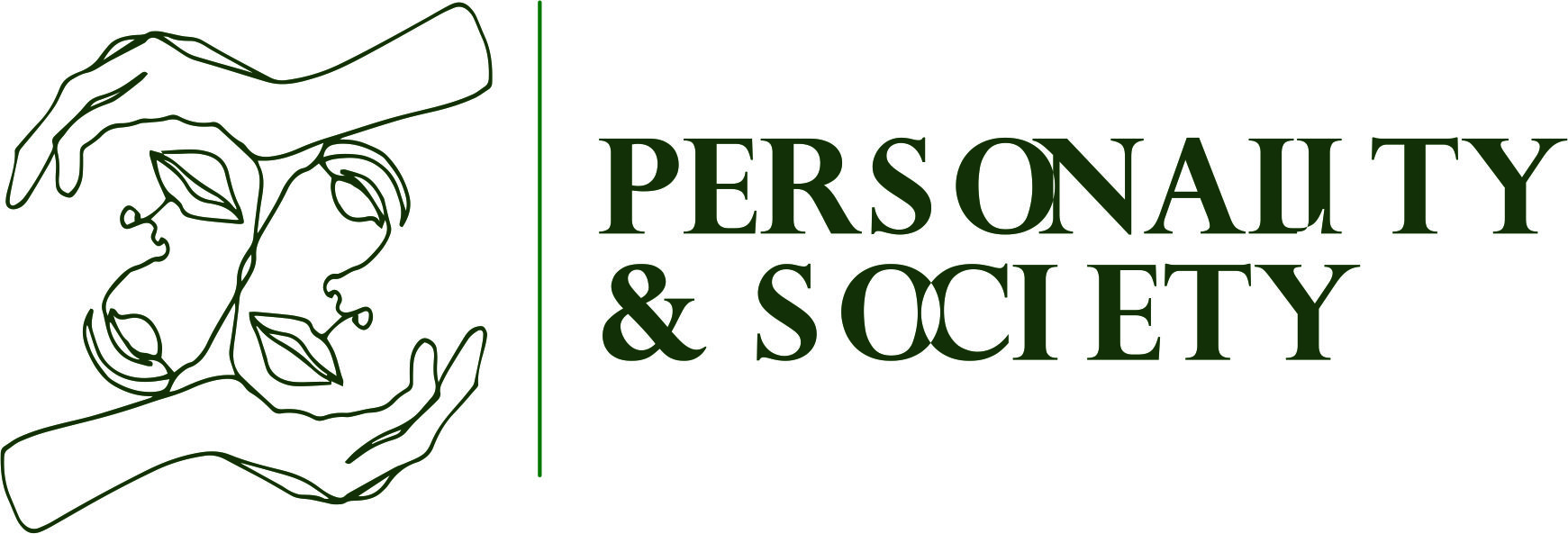Social networks and their impact on inter-ethnic relations
Социальные сети и их влияние на межэтнические отношения
Abstract
The basis of communication, strategies of network interactions is a model of a system of information interactions and an installation on the adaptation of ethnos in a new space. National and cultural ideals of the ethnic group are usually realized in regional policies of inter-ethnic relations, ethnic reflection. Social networks are gradually becoming the main "regulator" of such interactions. The purpose of the work is to systematically analyze these trends, causal relationships and interethnic interactions in social networks. To do this, the work uses the methods of System Social Mining. The analysis allows us to conclude that in Russia “remote nationalism” is possible, associated with the political activities of the diasporas, their activity on social networks.
Keywords
social networks, inter-ethnic relations, national relations.
Аннотация
Основой коммуникации, стратегий сетевых взаимодействий является модель системы информационных взаимодействий и установка на адаптацию этноса в новом пространстве. Национально-культурные идеалы этноса обычно реализуются в региональной политике межэтнических отношений, этнической рефлексии. Социальные сети постепенно становятся главным "регулятором" таких взаимодействий. Целью работы является систематический анализ этих тенденций, причинно-следственных связей и межэтнических взаимодействий в социальных сетях. Для этого в работе используются методы системного социального майнинга. Проведенный анализ позволяет сделать вывод о том, что в России возможен "дистанционный национализм", связанный с политической деятельностью диаспор, их активностью в социальных сетях.
Ключевые слова
социальные сети, межэтнические отношения, национальные отношения.
Introduction
Social networks as a communication environment have a great influence on both international and inter-ethnic relations, providing "long communications". This results in interethnic strong marriages, globalization, cultural and spiritual development, inclusion in the national traditions of other peoples, etc. However, in modern social networks, their nationalist and extremist orientation is often sharply negative.
It is important to investigate these trends, causal relationships, since process change affects the information and cultural space of interethnic interactions (Doroshchuk, 2019). The main "communicator" of such a space is media networks that implement communication strategies. In the work, such a task is investigated regarding social network inter-ethnic interactions.
Theoretical bases
It can be assumed that the large-scale spread of social networks and the distorted (often false) information that appears in them regarding the sphere of inter-ethnic relations can cause very negative consequences, inter-ethnic tensions, conflicts and skirmishes at the domestic level. At the same time, most of these manifestations have some hidden (latent) character, which remains outside the attention of the authorities and traditional media. Discussions on social networks can give rise to a series of myths and unfair assessments that inevitably affect the attitude of Russian society to the ethnic issue.
For example, surveys of various agencies give difficult results (Doroshchuk, 2019): illegal migrants are considered necessary to drive more than 60% of respondents abroad. Giving them the opportunity to legalize and assimilate in Russia is more than 10%. They want the government to limit the number of visitors to Russia to at least 70% of respondents. The initiative not to establish administrative barriers on the way of migrants and try to use them for the benefit of Russia was expressed by more than 10%. And in 2008 there were, proportionally 52% and 35%.
Methods of identification in social networks are contained in content with contextual context (Stella, Ferrara, Domenico, 2018). They can increase or decrease trust (Persilius, 2017; Abend, 2019).
Methodology
The methods of system analysis-synthesis, aggregation and other methods used by us in our work make it possible to find out the causal relationships of inter-ethnic interactions in social networks. Big Data (Attewell & Monaghan, 2015; Kim, Allum & Denman, 2019) were used to filter data, storage in cloud structures, System Analyses and Social Mining (Kaziev et al, 2020) was used as a methodology for general scientific research, and its particular methods (modeling, analysis, synthesis, etc.) were used to solve problems of identification and social analytics and situational modelling, for example (Sawyer, 2003).
Social networks have some influence in the field of inter-ethnic relations as a conceptual and methodological basis. The myths that arise in them often lead to real events that actualize the ethnic issue in Russia.
Results
Information from social networks is considered undisputed truth and a real fact due to the trustworthiness of communication in networks.
A similar situation is in conflicts of international relations, which are very dependent on provocative messages on social networks.
Users of social networks are active participants in "information fights" in the field of national conflicts. It should be noted that the modern national all-Russian policy considers in general only the regulation of relations between representatives of various nationalities of Russia, considering them only as the sum of interethnic, intercultural and interreligious relations, ignoring in general the influence of the factor of social networks in these areas.
Note that in Russia certain threats of political technologies and incitement are possible, taking into account the specific characteristics of the Russian regions. Attention should also be focused on the so-called "remote nationalism," which is associated with the political activities of the diasporas, "included" through social networks.
Social networks allow you to deliberately change your identity or use false pages, which is widespread in the virtual world. Revealing the extent of the group's real response to events seems difficult, although the activities of certain diasporas to defend their interests, including on the Internet, are noticeable.
Conclusions
Systematic research and the use of appropriate analytics using the influence of social networks in Runet can have an active impact on the ideological and political state of Russia. Ignoring social networks can cost a lot of effort to restore inter-ethnic relations.
